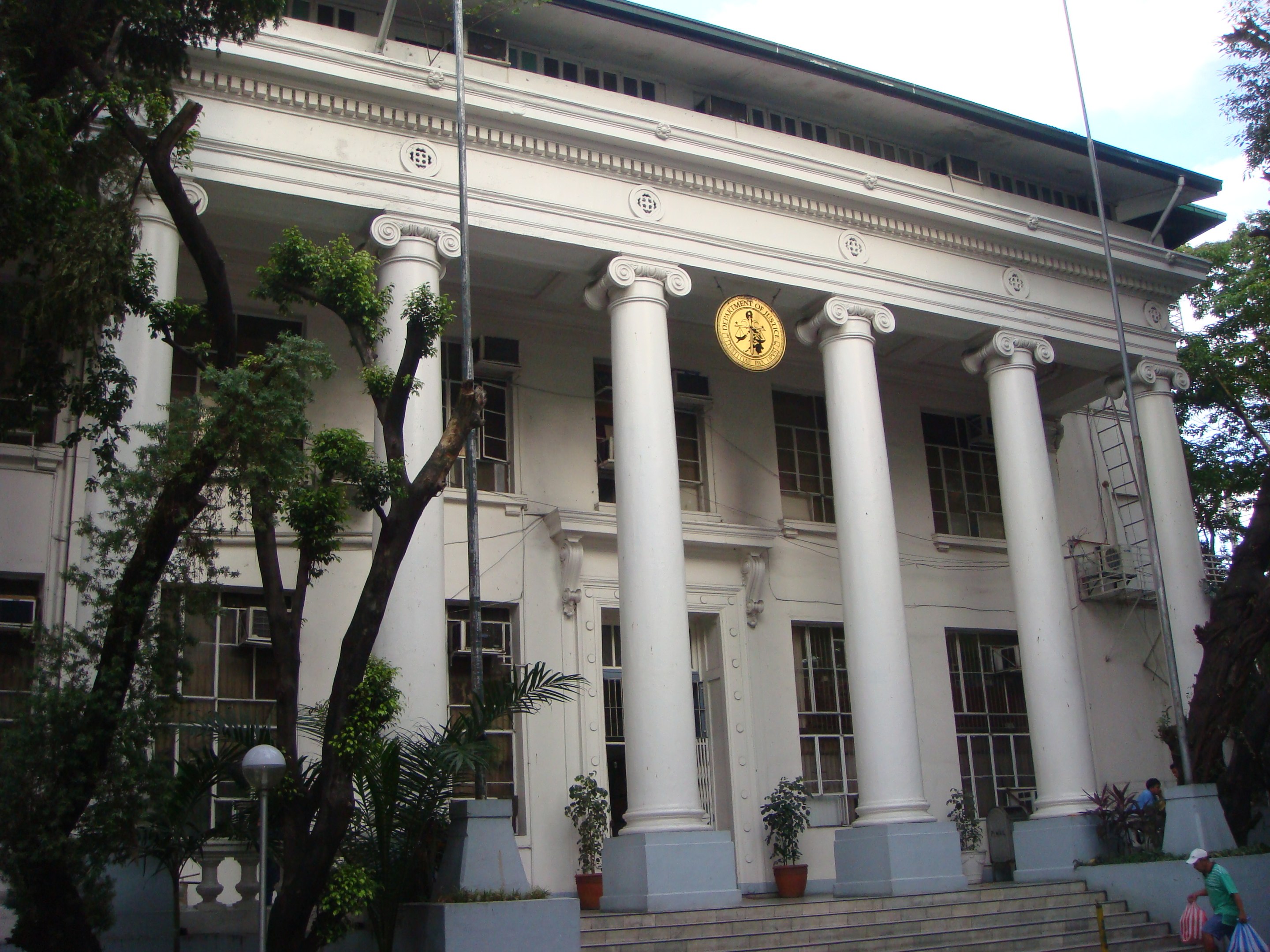
MANILA – The Department of Justice (DOJ) has ordered the policemen implicated in the shooting of four army intelligence officers in Jolo, Sulu on June 29 to answer criminal charges filed against them within 10 days.
Prosecutor General Benedicto Malcontento said the prosecutors released subpoenas on Monday, giving the parties “ten days to submit counter affidavits with no need for actual appearance” in connection with the murder and planting of evidence charges filed against them by the National Bureau of Investigation (NBI).
NBI Officer-in charge Eric Distor earlier transmitted for preliminary investigation by prosecutors the findings of the NBI Western Mindanao Regional Office and Death Investigation Division for the filing of charges.
The NBI Western Mindanao Regional Office composite team headed by Yehlen C. Agus “respectfully recommended the filing of cases of murder and planting of evidence” against the nine police officers and neglect of duty under the doctrine of command responsibility against the Sulu Police Provincial Director, Police Drug Enforcement Unit chief, and the Jolo chief of police.
“It is further recommended that the entire records of the case be forwarded to the National Prosecution Service and the Internal Affairs Service of the PNP,” stated in the memorandum signed by Agus.
The four Army intelligence operatives, killed in the shooting incident involving nine police officers in Jolo, bore gunshot wounds on their backs.
Killed during the incident were Maj. Marvin Indammog, 39; Capt. Irwin Managuelod, 33; Sgt. Jaime Velasco, 38; and Cpl. Abdal Asula, 33. The four were tailing four terrorist suicide bombers when the shooting happened. Asula was buried in Sulu according to Muslim rites.
The now relieved nine policemen — S/Sgt. Almudzrin Hadjaruddin, Pat. Alkajal Mandangan, Pat. Rajiv Putalan, Senior M/Sgt. Abdelzhimar Padjiri, M/Sgt. Hanie U Baddiri, S/Sgt. Iskandar Susulan, S/Sgt. Ernisar Sappal, Cpl. Sulki Andaki, and Pat. Mohammad Nur Pasani — are currently under restrictive custody at Camp Crame in Quezon City.